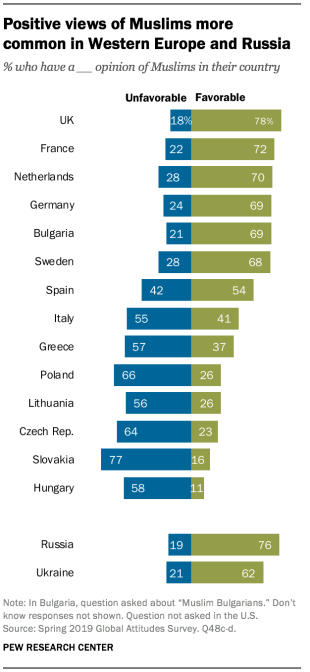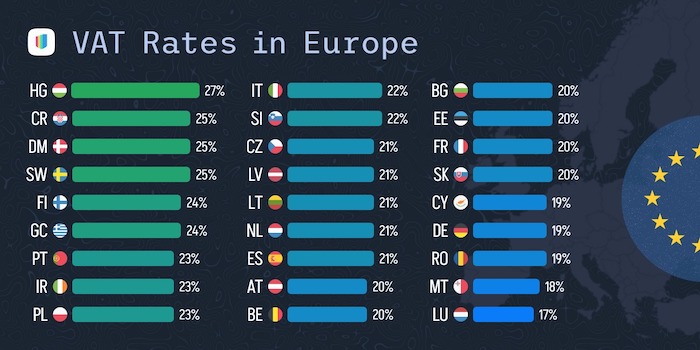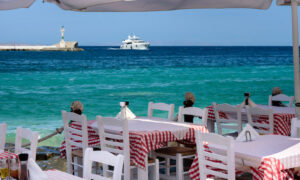(Editor’s note: This is Pt. 1 of a three-part series about the realities of living in Greece as an expat. You an jump to Pt. 2 here and Pt. 3 here.)
Dear North Americans,
I see you. I hear you. You want a change. You are tired of the same old, same old. You want to soak in new sights and sounds. Greece has a lot of those, for sure!
You want to live by the beach and go out to eat at 10 p.m. You see yourself watching an ancient Greek tragedy in an actual ancient Greek theater. You yearn to gaze at a time-gnarled olive tree and ponder life’s greatest questions. You dream of a sweet elderly neighbor who brings you dishes of scrumptious moussaka made with eggplants grown to perfection in her little garden.
Elegant ancient ruins at sunset, sailing on the big blue Mediterranean, gyros galore ….
Need I say more?

The whole package
Can you have all this? Yes, you can! Well, a lot of it anyway. And as those of us who live here know (and others suspect), there is a lot to love about Greece.
However you should probably take a look at the whole package before you jump across The Pond The North Americans who are already here want me to warn you that it’s not all feta cheese and olives over here. It’s not all Greek yoghurt and honey.
We all know there is much fun in the sun to be had. But, once the honeymoon phase is over, the culture shock will set in, as it always does. Talking to expats who have lived all around Europe, the culture shock they experience in Greece seems to be some of the worst though. But why?
Let’s break it down a bit:

Chauvanistic nationalism and xenophobia, a couple of super-light topics for starters. A few years ago, Pew Research put out findings about the differences between Eastern and Western Europeans regarding their views on minorities, religion and important social issues. In the study, Greece was categorized with Central and Eastern European countries, not just due to its geographical location but also because the public attitudes seen here align far more closely with the countries of the former Eastern bloc.
Greeks are typically far more conservative on many issues than their counterparts in countries such as Ireland, Germany, France, Spain and so on.
Pew Research asked people all around Europe if they agreed with the following statement: “Our people are not perfect but our culture is superior to others.”
Eight-nine percent of Greeks (the highest percentage in the study) agreed and this is probably the least surprising research statement I have ever seen.
I can’t tell you how many expats have groaned to me: “Is there anything Greeks didn’t invent or don’t do better than everyone else?”
Other findings that take many North Americans by surprise:
• 70 percent of Greeks oppose same-sex marriage.
• 76 percent believe that it is “somewhat or very important” to be a Christian in order to be a “real” Greek.
• more than half say religion is a very important part of their lives and Greeks and Latvians tie for first place in their belief in the “evil eye.”
• And the one conclusion that really bugs me and I have had many an argument over is this: Only 31 percent of Greeks say they would willingly accept a Muslim as a member of their family and only 35 percent say they would accept a Jew.
I will never forget the sad and awkward moment when I was visiting ancient Mycenae with two Jewish friends from Pittsburgh and we sat down for a quick break on a bench. At the same time we all noticed a huge graffiti swastika right next to us.
A peek behind the curtain
The word “xenophobia” is actually Greek in origin. Xenos in Greek means stranger or foreigner and phobia means fear or strong dislike. Many expats are surprised by the extensive xenophobia that they experience in Greece. It’s not at all apparent at first. As a matter of fact, Greeks are known for being smiley and welcoming – and they often are.
You might get a chatty taxi driver or server.
You might have a new neighbor who asks lots of friendly questions and you think they have taken a real interest in you but soon you seem to hit a wall.
Many an expat has expressed to me their surprise by the fact that, try as they might, they often have trouble getting past the friendly but superficial phase with neighbors, colleagues and so on. As a half Greek myself, I have heard many times (even from well-travelled family and friends) that non-Greeks just “aren’t the same”, they “don’t get us,” etc, when the truth is they themselves don’t really want to connect.
Many don’t have much of an interest or curiosity to expand their circles to embrace people they feel are “too different” or who “probably won’t be here for too long anyway.” The expats who are successful at “fully integrating” are often the ones who spend a lot of time, at least in the beginning, complimenting everything they see and enthusiastically adopting customs they may or may not love.
Becoming Greeker than Greek
The xenoi (foreigners) who are most-embraced are often those who are or who are determined to become the most Philhellene of the Philhellenes. To be fair, everyone enjoys having their culture complimented. But sometimes in Greece you are expected to go overboard and never, ever complain. I always advise expats to “sandwich” a complaint between two compliments for better results.
I know many non-Greeks married to Greeks who have a terrible time convincing their Greek spouse and in-laws to accept or at least not disrespect their own traditions and worldviews.
A word of advice to the North Americans who have fallen in love and want to start a family here:
Talk about what if any religion you will choose for your future children. I can’t tell you how many non-Greeks I know who have bitterly argued with their Greek spouses (and often their spouse’s families) about baptizing their babies in the Greek Orthodox church.
Another common point of contention is schooling. Greece has mostly Greek-language schools, of course, but also a few international ones with English as the language of instruction. Talk to your partner about where your children will go to school. Also, keep in mind that private international schools are pricey and Greek public schools are vastly different than North American public schools in terms of quality, facilities, methodology and school culture in general.

Money, money, money
The cost of living crisis is leaving few places untouched, but life in Greece has become eye-wateringly expensive for many households, especially those whose members have average or even above-average local salaries. However, even in absolute terms, costs in Greece have begun to shock even the wealthiest visitors and expats (as well as Greek citizens, obviously).
Living in a place where many are struggling (some more than others, of course) can be a bit uncomfortable when you are used to a place where most of the people around you are quite comfortable, as is the case in many North American cities and towns with decent local economies.
Greece currently has one of the lowest levels of GDP per capita and we are also one of the most expensive European Union countries for basic goods and services (such as food items and internet services).
For instance, Greek prices for milk, cheese and eggs are nearly 40-percent higher than the EU average!
Even domestic olive oil has seen outrageous price hikes recently. Extreme weather, profiteering and a sky-high value-added tax (VAT) are just some of the explanations for what’s happening. For a quick comparison, the VAT for food items in Spain is 4 percent whereas here in Greece it is 13 percent. And don’t get me started on the VAT for clothing, services and so on … it’s 24 percent! That might be acceptable if we had great public education, infrastructure, healthcare and so on to show for it but, simply put, we do not.
Stay tuned for Part 2 in which I will discuss more things that you may or may not want to think about before taking the leap over here!
––––––––––
Read more about Greece here in Dispatches’ archives.
A Pittsburgher by birth, Christina T. Hudson is also half Greek and has – so far – spent most of her life in Athens, the chaotic but captivating capital city of Greece.















